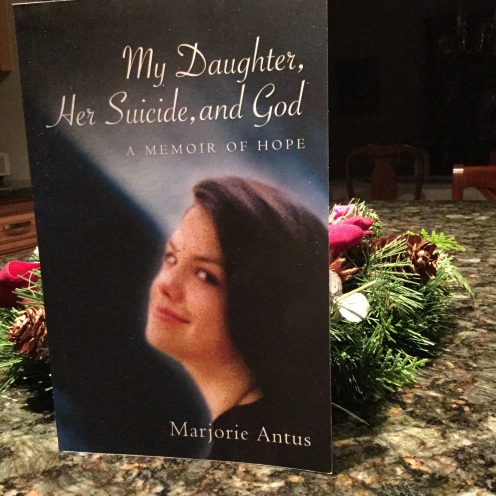After my daughter’s suicide in 1995, there were three instances of denial I used as a psychological defense against my overwhelming emotions. The first was short-lived. It was the denial that Mary’s intentional overdose was, in fact, a suicide attempt. That is to say, I told the 911 operator my daughter had suffered a seizure (which was true) because I couldn’t bring myself to say she had overdosed. That particular denial ended a few minutes later, however, when a neighbor asked what had happened upstairs with Mary and I decided to tell him and everyone else the truth.
The second instance of denial lasted for the better part of a year and protected me against the depression, anger, and anxiety that threatened to undo me after my daughter’s death. Here’s a sample of this denial: A week after Mary died, I told a friend, “You know, I really think I can do this. I really think I can handle this loss.” It was early in the day, I was more or less rested, the inner defense system was firmly in place, and I believed what I was saying. As the day wore on and I began to tire, though, I always found that kind of denial more difficult to maintain. It gradually collapsed, as it needed to, and the working through of emotions and the formidable task of accepting the loss began to take place.
The third instance of denial had more to do with the circumstances of my daughter’s death, the profound psychological pain or “psychache” she endured while living under my roof and sitting at my breakfast table. It took a dozen years and a great deal of prayer, soul-searching and study to overcome the denial that Mary had suffered to the extent she obviously had. Even now, seventeen years after her death, I can slip into denial about it.

Leave a comment